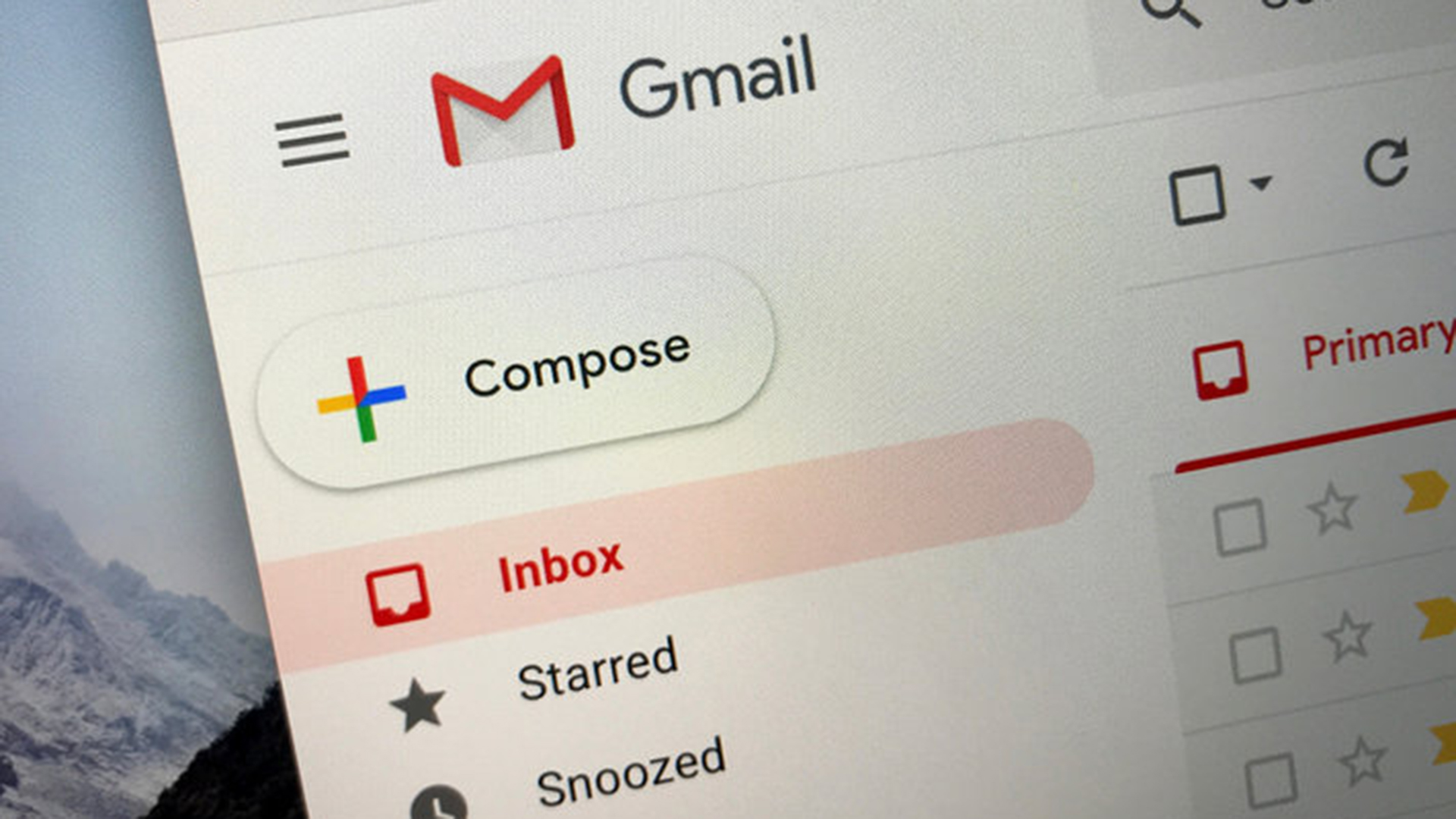Hands On With Korea's 4G WiBro Network (Verdict: Americans Should Be Jealous)

Since Sprint started rolling out XOHM, its 4G Mobile WiMax service, we've had a couple opportunities to test this next generation of mobile broadband, but haven't generally been enthused by the results of our speed tests.
WiBro, however, Korea's version of Mobile WiMax, is a different story. The service, which already has 300,000 subscribers, delivers fast upload and download speeds regardless of whether you're standing in one place or on the go. If first impressions are any indication, this is what we want WiMax in the U.S. to look like.
Performance
I had the opportunity to test WiBro while visiting Seoul. Armed with a Samsung netbook and a WiBro card, I tested the download and upload speeds using speedtest.net, while standing still on the platform and while seated on a moving train. I also streamed YouTube clips-- even HD ones-- to see if WiBro could do it fast enough so that I wouldn't get bogged down in buffering while waiting. Everyday tasks (e.g. checking mail) also felt quick.
While standing on the platform, we enjoyed 4.2 Mbps download speed and 1.49 Mbps upload speed. Even when the train was moving, the speeds held steady at 2.9 Mbps and 1.01 Mbps.
If those numbers don't mean much to you-- and we don't expect them to-- consider this: we barely had to wait for our YouTube clips to load, and when they did, they played fluidly; we never had to watch the clip buffer while the connection caught up. And this was while I was aboard a train moving underground, mind you! It really does say something about the strength of WiBro's infrastructure in Korea, even in its fairly early stages.
Unfortunately, this time around, we only had a few stops to test, which meant no World of Warcraft or file transfer tests using FileZilla. Suffice it to say, though, my preliminary YouTube and Web surfing tests got me freshly excited about 4G.
Stay in the know with Laptop Mag
Get our in-depth reviews, helpful tips, great deals, and the biggest news stories delivered to your inbox.
Affordable Pricing
And get this, not only is WiBro faster than a 3G mobile broadband card (for the record, so is Sprint's XOHM, although it was less impressive than WiBro), but it's more affordably priced, too. Whereas an EV-DO card can cost upwards of $50 per month, WiBro costs $10 per month for 1GB; $20 for 30GB and $27 for 50GB. The price for exceeding your monthly cap is 1 cent per megabyte.
Early Verdict
Sure, it's hard to imagine Web surfing on New York's-- or some other U.S. city's-- crowded subways. But even if that's not something you imagine doing, think of the possibilities for mobile broadband so ubiquitous, fast, and affordable. It has the potential to change the way we get online and even shape our expectations for our mobile gadgets--so long as U.S. providers can learn a lesson or two from their stellar execution.
Dana Wollman was a contributing writer at Laptop Mag. Her coverage included reviews of some of the most iconic laptops from the previous decade, such as the Dell XPS, Dell Studio, HP EliteBook, and MSI Wind. She focused on smaller netbooks and productivity-oriented devices. After Laptop Mag, Dana worked as an Editor-in-Chief at Engadget, and is now a Senior Technology Editor at Bloomberg.
